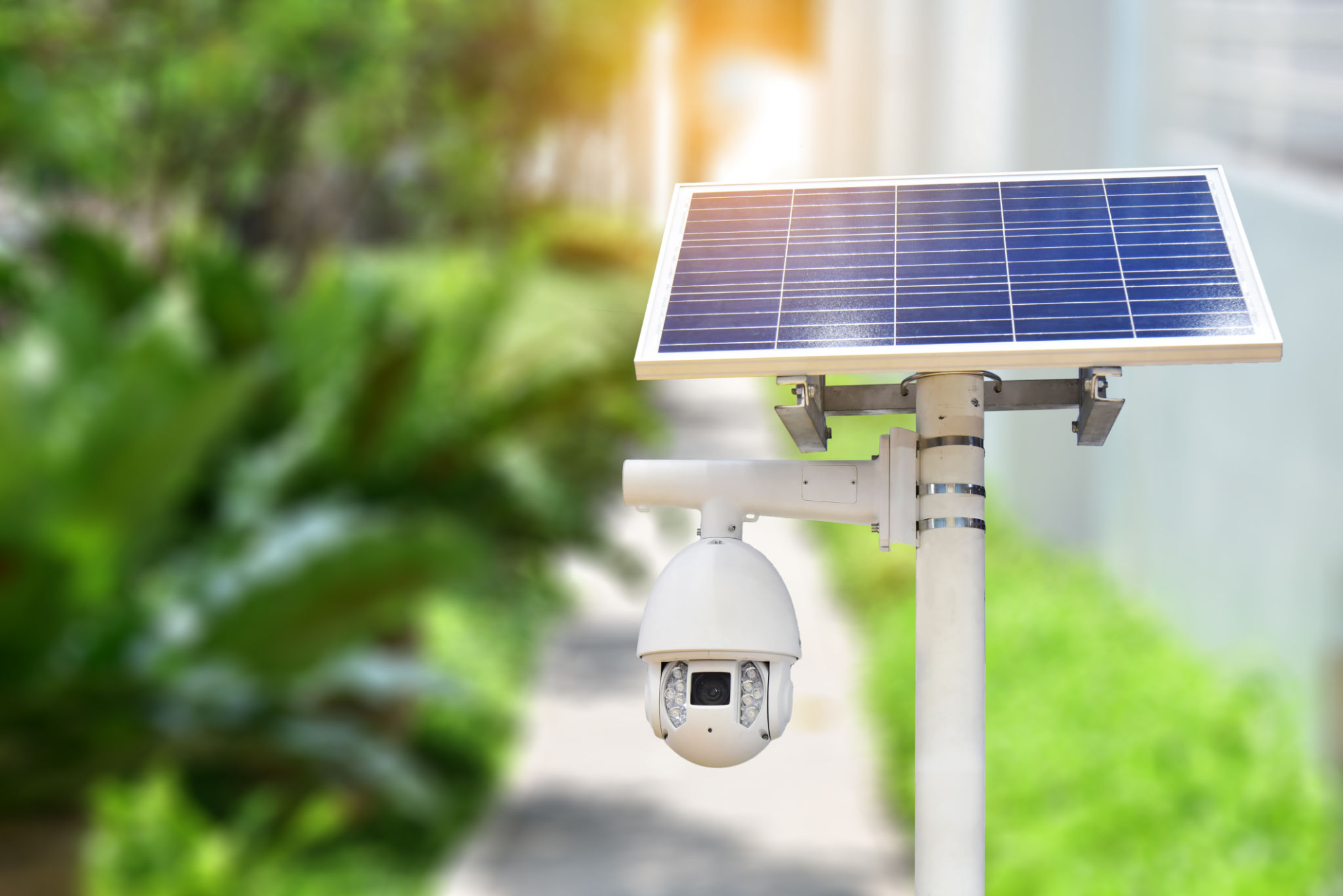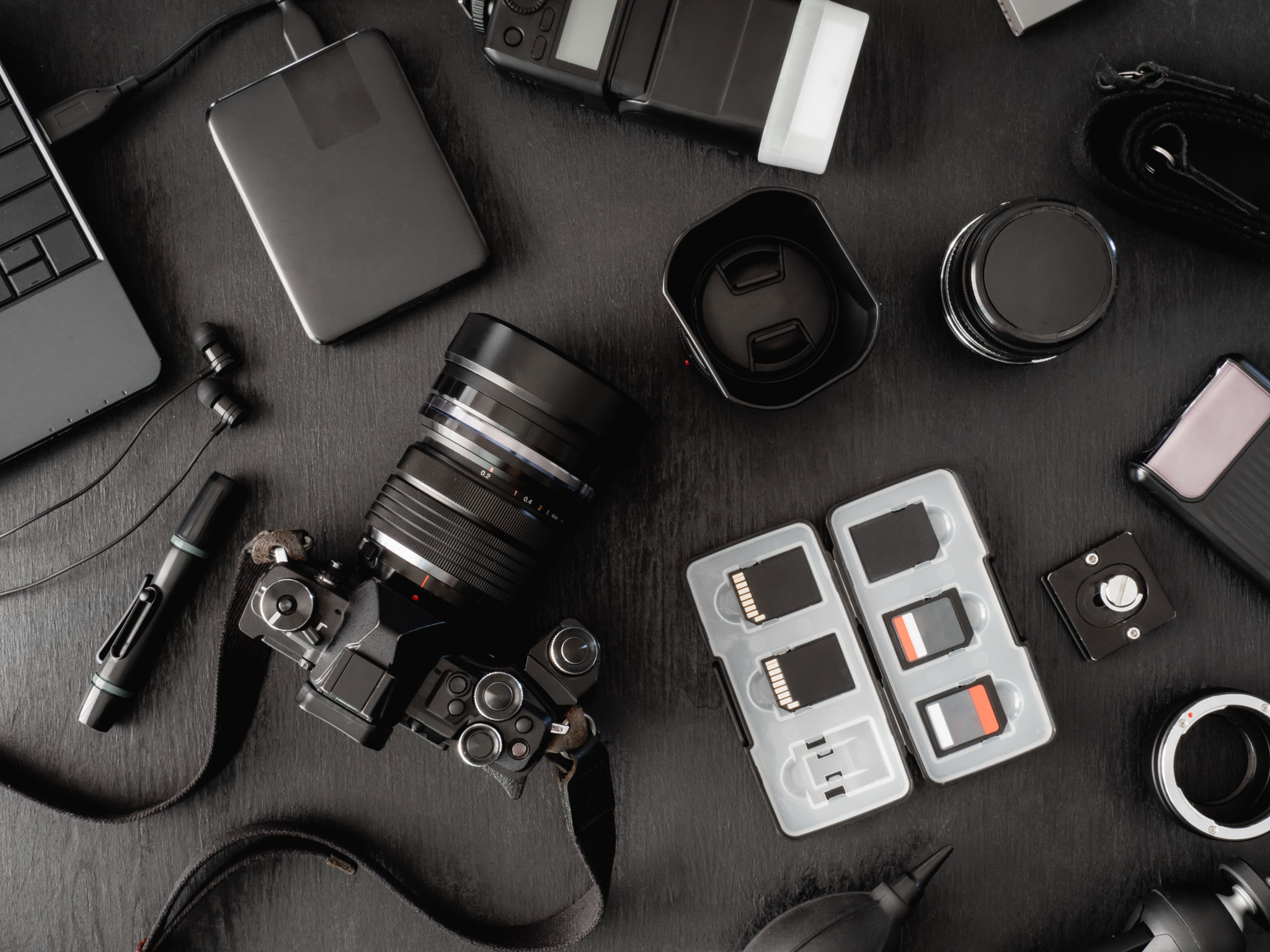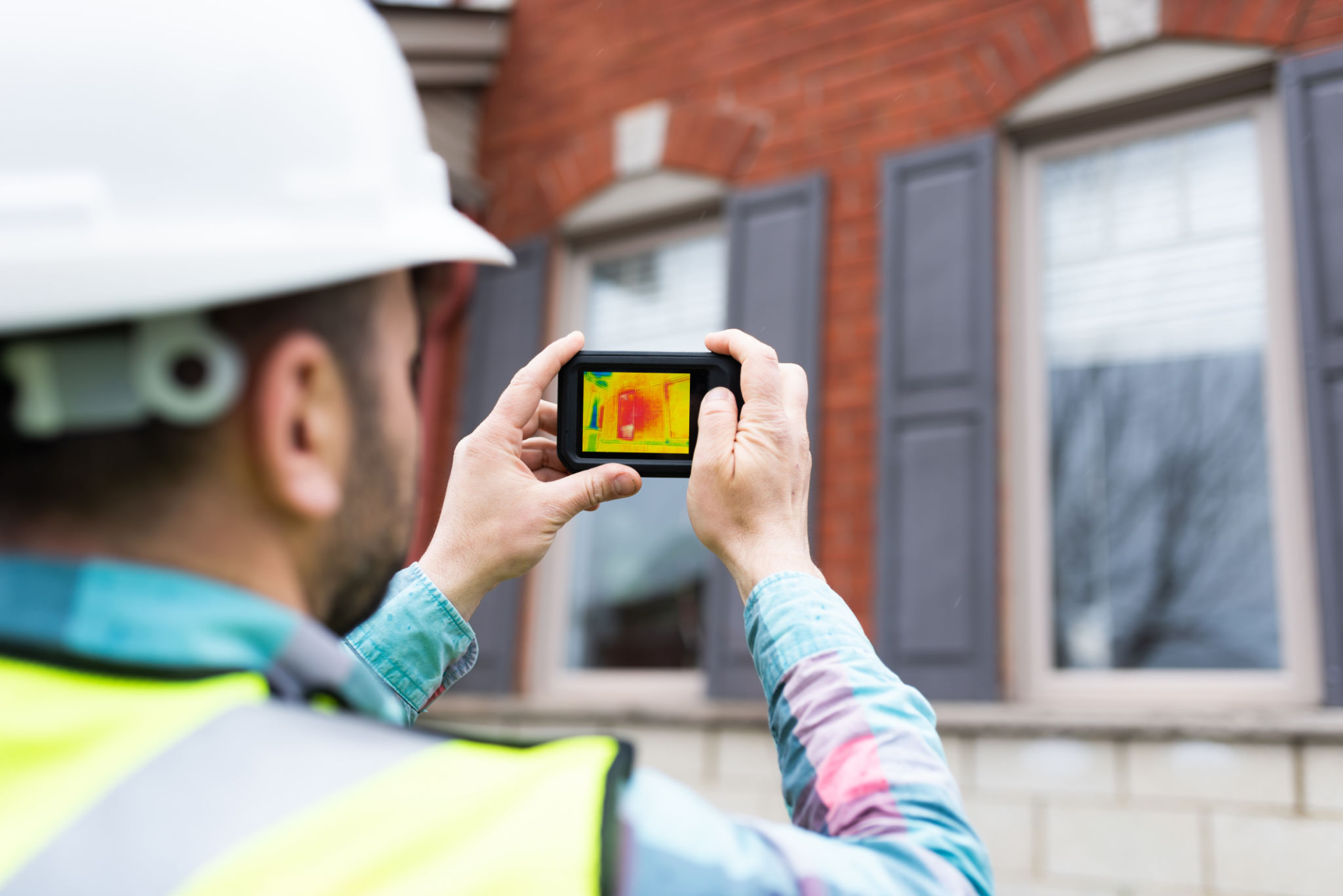How to Choose the Best Portable Solar Camera for Your Needs
Understanding Your Requirements
When it comes to choosing the best portable solar camera, the first step is understanding your unique needs. Consider where and how you plan to use the camera. Are you looking for a security solution for your property, or do you need a device for monitoring wildlife in remote areas? Knowing your primary purpose can help narrow down the options significantly.

It's also important to think about the environmental conditions in which the camera will operate. Will it be exposed to extreme weather conditions, or is it meant for a more controlled environment? Understanding these factors will guide you in selecting a camera with the right durability and weather resistance ratings.
Features to Consider
Resolution and Image Quality
The resolution of a portable solar camera is crucial, especially if you need clear and detailed images. Higher resolution cameras will provide sharper images, which is essential for identifying faces or license plates. Look for cameras offering at least 1080p resolution for optimal clarity.
Additionally, consider whether the camera offers night vision capabilities. Infrared or thermal imaging can be invaluable for nighttime monitoring, ensuring you don’t miss any crucial activity.

Battery Life and Solar Efficiency
Since these cameras rely on solar power, assess the efficiency of the solar panels and the battery life. A high-quality solar panel will ensure that the camera remains operational even in less-than-ideal weather conditions. Look for cameras with reliable battery backup systems to maintain functionality during cloudy days or at night.
Connectivity and Storage Options
The method by which a camera stores footage is another essential factor to consider. Some cameras offer cloud storage options, while others rely on local storage such as SD cards. Cloud storage provides remote access to footage but may incur monthly fees. Local storage, on the other hand, is a cost-effective choice but requires physical access to retrieve data.

Connectivity options also play a significant role. Wi-Fi-enabled cameras allow remote monitoring via smartphone apps, which can be convenient for real-time updates and alerts. Ensure that the camera's connectivity range meets your needs, especially if it will be placed far from your home or office network.
Budget Considerations
Your budget will inevitably influence your choice. While it might be tempting to choose the cheapest option, remember that higher quality often comes with a higher price tag. Investing in a reliable and feature-rich portable solar camera can save money in the long run by reducing the need for replacements and repairs.
Consider the total cost of ownership, including any subscription fees for cloud storage or additional accessories that may be necessary for installation and operation.
Making the Final Decision
After evaluating all the necessary features, create a checklist of your top priorities. Compare different models based on these criteria to see which one aligns best with your requirements. Reading reviews from other users can also provide valuable insights into the performance and reliability of specific models.
Finally, consider consulting with professionals or customer service representatives if you have any specific questions or concerns. They can offer expert advice tailored to your situation, ensuring you make an informed decision when selecting the best portable solar camera for your needs.

